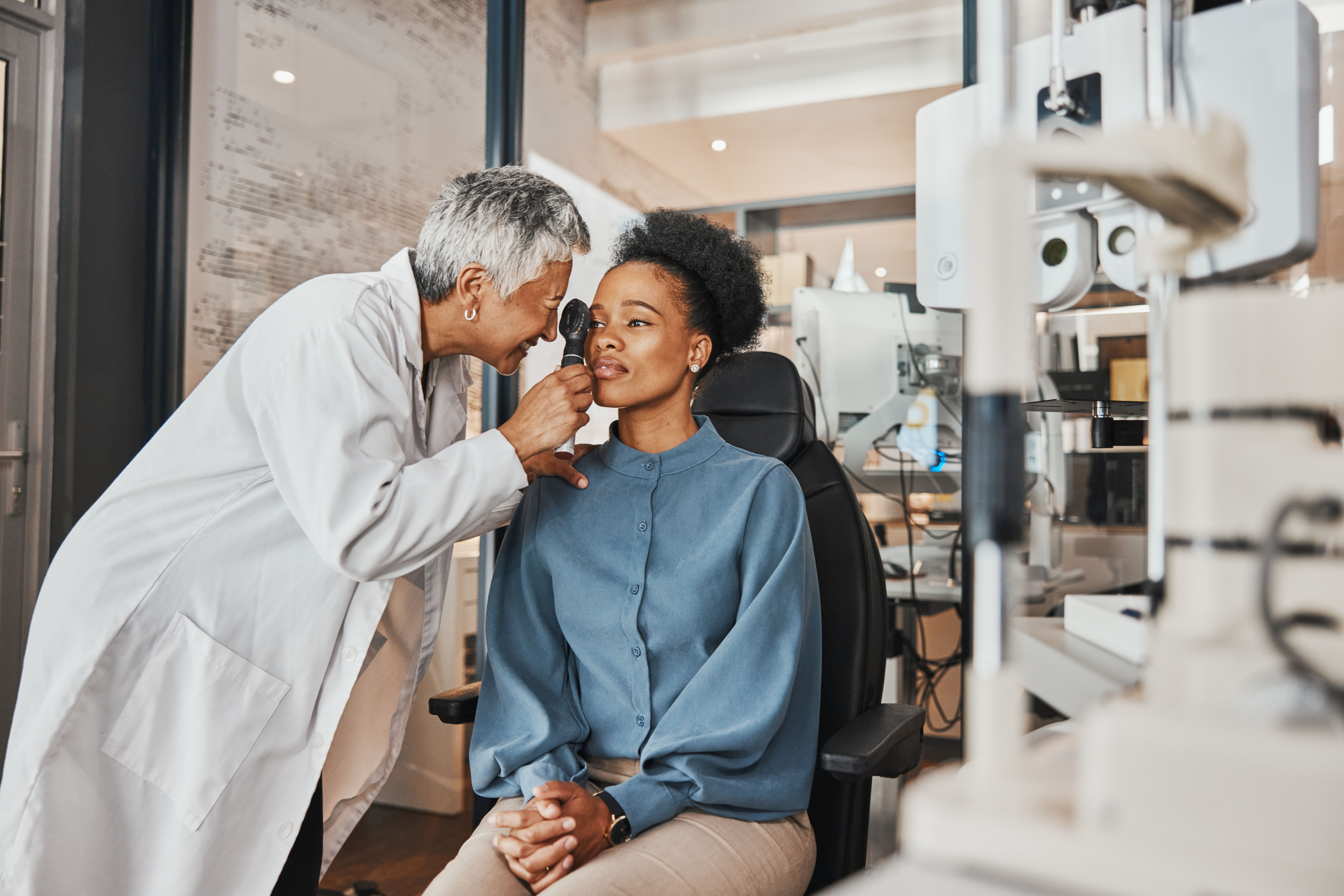Navigating rehabilitation from a substance use disorder (SUD) involves addressing the physical and psychological aspects of addiction. While undergoing individual therapy, patients learn to identify environmental factors that may contribute to behavior as well as how to manage triggers and stressful situations. But it’s also vital to consider the broader impact of SUD on overall health, including eye health.
Substance abuse can have profound effects on the eyes, ranging from vision impairment to ocular damage, underscoring the importance of your eye care during the recovery process. In this article, we’ll examine the various ways common substances may harm eye health and highlight essential eye care habits to practice during recovery to ensure your overall well-being.
Alcohol
According to experts from Johns Hopkins Medicine, alcohol is the most common legal drug associated with substance use disorder. Alcohol use disorders can lead to various eye-related issues, the most well-known being nutritional optic neuropathy. Characterized by damage to the optic nerve, this condition results in visual impairment, color vision deficits, and even blindness.
Opioids
Opioid abuse can also have a profound impact on the pupils and vision. Drugs such as heroin and prescription painkillers can cause pinpoint pupils (miosis), which can impair vision, particularly in low-light conditions. Opioid overdose can also result in respiratory depression and subsequent hypoxia, potentially causing damage to the optic nerve and vision loss.
Stimulants
Drugs like cocaine and methamphetamine can wreak significant damage to the eyes and impact vision. According to a Review of Optometry article, cocaine abuse may lead to a condition called ‘crack cornea,’ a well-reported syndrome of chronic corneal toxicity ranging in severity from mild punctate keratitis to severe bilateral infectious ulcers. Meanwhile, methamphetamine use is associated with dry eyes, blurred vision, an increased risk of glaucoma, and retinal damage.
Early intervention, comprehensive medical care, and addressing underlying substance abuse issues are essential for mitigating these risks. Furthermore, individuals recovering from SUD must adopt eye care practices to promote eye health and avoid certain eye diseases.
Eye care habits to practice during recovery
Many individuals recovering from substance abuse may experience heightened sensitivity to light, a condition known as photophobia, as a result of certain substances’ effects on the central nervous system. Since most people log over seven hours of screen time daily, blue light glasses can help alleviate discomfort. Easily available from brands like Warby Parker and EyeBuyDirect, these block out potentially harmful blue-violet wavelengths from bright devices, which are known to induce strain and ocular aging. Since many recovery-related activities are also done online, using these glasses makes it easier to keep up comfortably.
Additionally, wearing sunglasses protects the eyes from the sun’s UV rays. Given the increased risk of developing eye conditions associated with an SUD, coupled with the risk of UV-related eye damage, recovering individuals must be more vigilant regarding eye protection. Those requiring vision correction can invest in a pair of high-quality prescription sunglasses. Specialized sunglasses from reputable brands like Ray-Ban provide necessary refractive correction tailored to your prescription while also blocking 100% of UV rays. Additionally, some shades come with anti-reflective and polarized coatings to further keep out painful glare.
Aside from prioritizing eye protection, individuals must also undergo regular eye exams to stay on top of their ocular health. Apart from specialized clinics, these are conveniently available in some community health centers and from chain stores like LensCrafters and Target. During rehabilitation, individuals may experience changes in vision, such as blurriness or fluctuations in visual acuity, which can indicate underlying eye issues and health concerns related to substance abuse. Eye exams provide an opportunity for healthcare professionals to assess the overall health of the eyes, detect signs of ocular diseases, including cataracts, glaucoma, and AMD, as well as monitor changes in vision over time.
SUDs can profoundly affect vision and eye health, underscoring the importance of adopting healthy eye care practices during recovery. By incorporating these habits into their journey, individuals can avoid developing serious eye conditions, enhance their overall well-being, and pave the way for a healthier future.
A Better Approach to Recovery
If you or someone you know needs treatment for a substance use disorder, complete our online form, or contact us today at 833.510.4357 for information on our treatment programs, and you or a loved one can start to feel better tomorrow.
